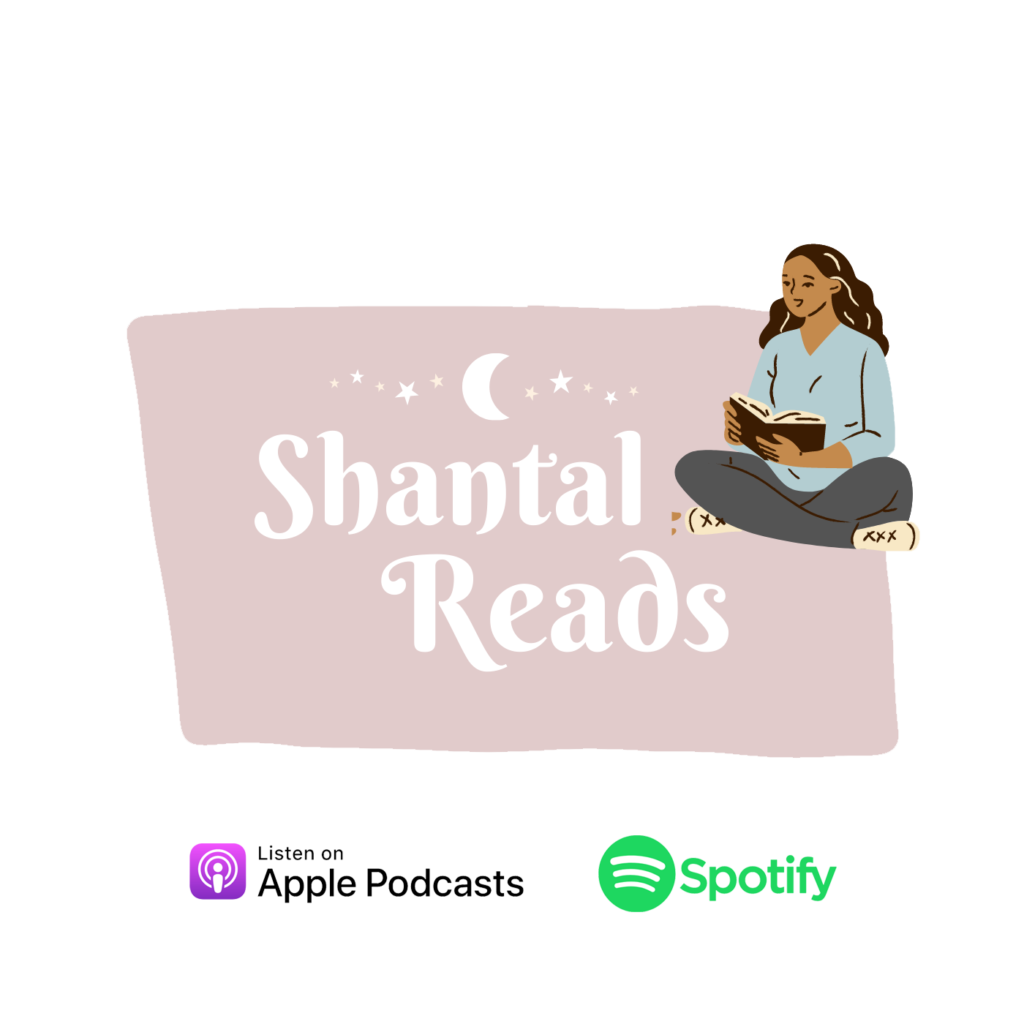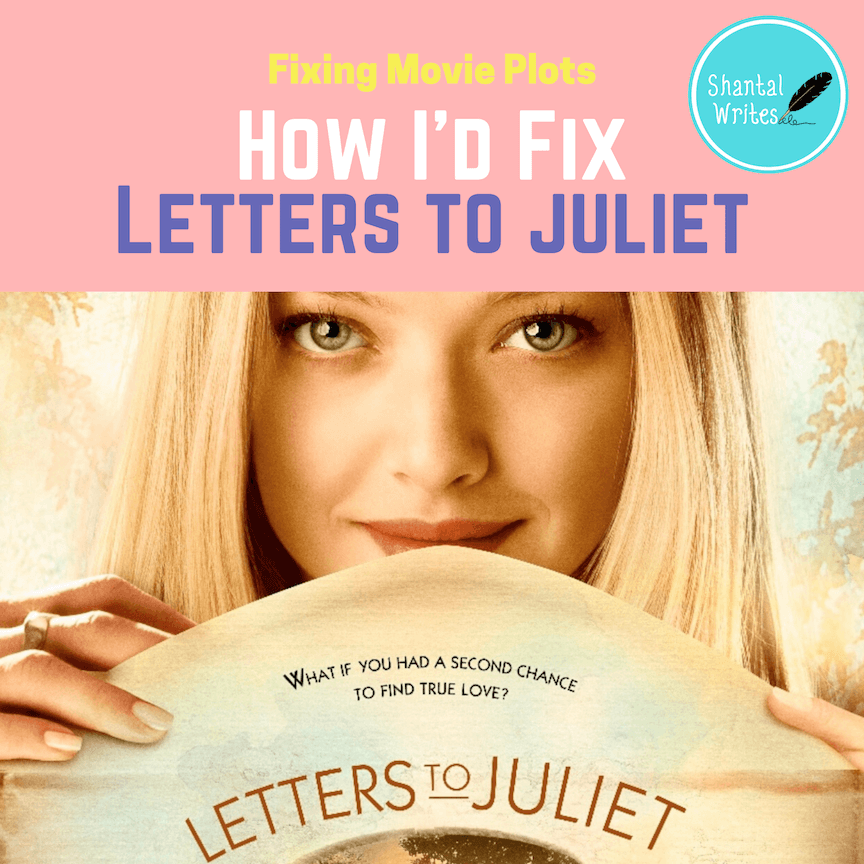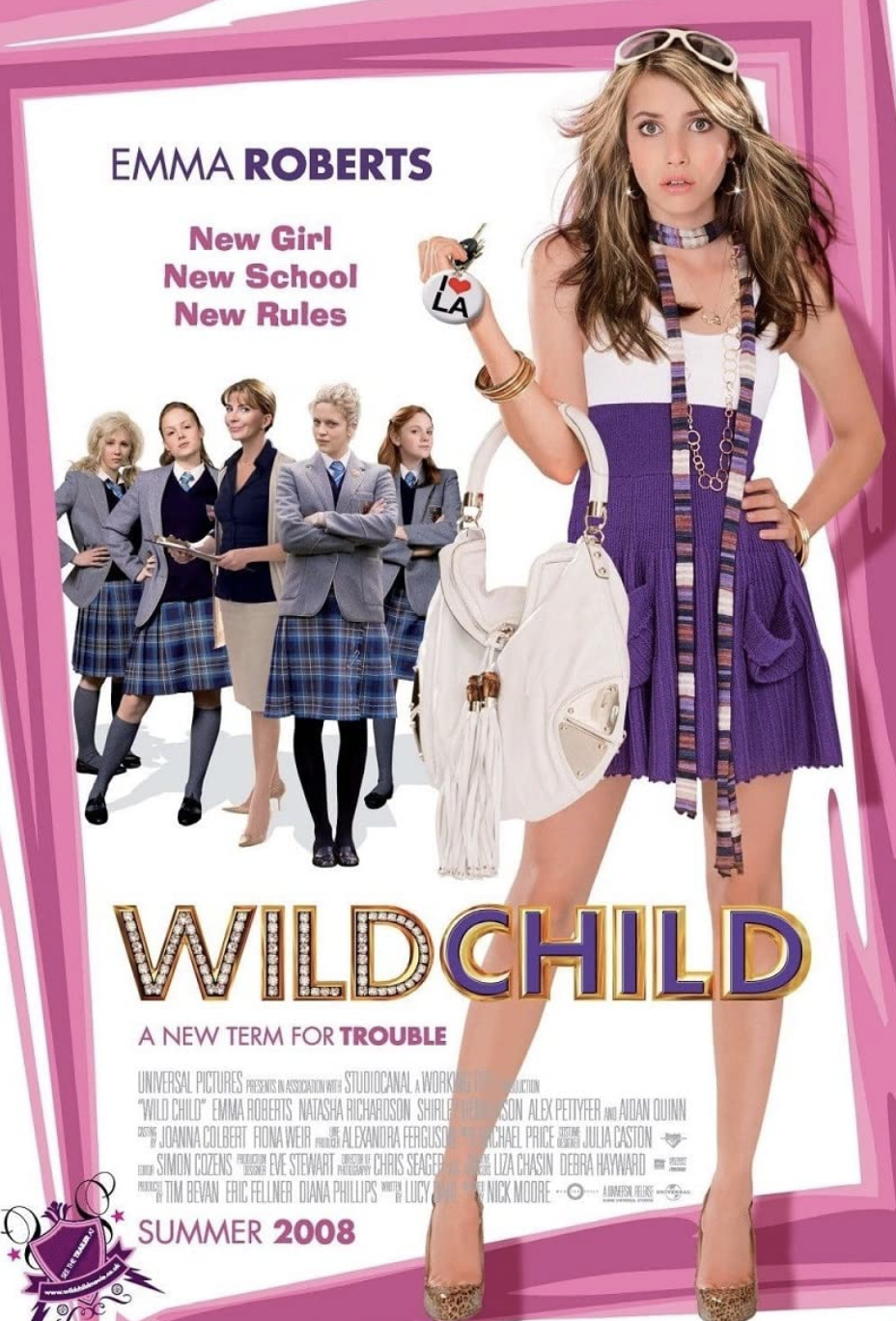
I’m back with another plot re-imagining—sorta. This week I’ll be analyzing teen rom-com Wild Child (2007). It stars Emma Roberts as the spoiled prima donna, Poppy Moore, who gets sent away to an all-girls English boarding school to straighten up her act. I will admit, these kinds of films are my guilty pleasure. Wild Child isn’t exactly the best of it’s genre, or even close to being good, but it has elements that I felt were interesting enough to explore and salvage.
SYNOPSIS

After throwing a house party to spite her father and his new girlfriend, Poppy is sent away to Abbey Mount, an all-girls British boarding school. Poppy struggles to fit in. She doesn’t follow the rules and finds herself at odds with her roommates Kate, Drippy, Molly, and Ruby. On top of that, Harriet, the school’s head-girl, is making it clear she’s not welcomed on her turf. Depressed and longing to go back home, Poppy opens up to Kate about missing her mother. This leads the girls to hatch a plan to help get Poppy expelled, and a friendship develops. However, none of their pranks seem to work. The headmistress is onto her, so Poppy resorts to an even messier plan: get caught romancing her son.
WHY WILD CHILD DOESN'T WORK
Wild Child does what it is expected of its genre. It’s a fish-out-of-water story with subplots of friendships, romance and self-discovery. It even has the mean-girl and love-triangle tropes.The problem is that that is all it is. It never digs deeper. It’s a plot driven story with one-dimensional characters who lack motivation and internal conflicts.
A Nonsensical Premise
Perhaps the most egregious problem with this film is its premise. Poppy father sends her away to boarding school because she’s acting out, but the movie is telling us that she’s acting out because she’s grieving the loss of her mother. How is sending a kid away to boarding school, in another country, going to help them cope with that loss?
The movie unintentionally makes her father appear super neglectful as a result. Not only does he not consider his children when introducing them to his new partner, he refuses to deal with Poppy’s behaviors himself—you know, like a parent should. Instead, he sends her away so an educational system can deal with her, and appears all but five minutes of the film to either reprimand her or to tell her he’s proud.
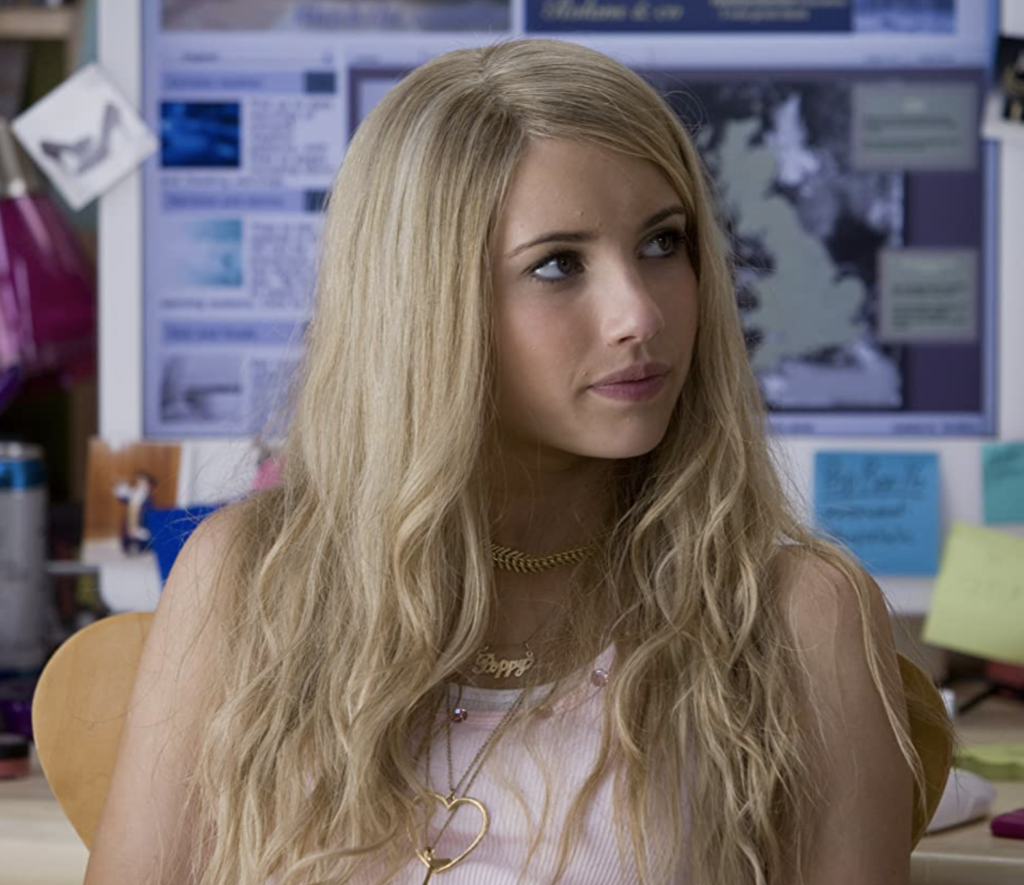

The movie rests the responsibility for change squarely on Poppy’s shoulders. It believes that Poppy’s dissatisfaction has to do with her not giving herself a chance and not being her true self. In the end, she does become more authentic, friendly, and responsible. However, it’s not because she overcame some part of her grief. In fact, we’re not even certain what truly changed in Poppy other than she adapted to this new environment.
Characters and Scenes With No dimension
Most of the characters in Wild Child are written to play a particular role in Poppy’s experience. However, none of them seemed to exist outside of that.
Who are Poppy’s roommates outside of being her new friends? Why are they so willing to help, even at the risk of getting in trouble? Who is Harriet outside of being the residential mean-girl? What does she risk losing if Poppy stays at the school? Who is the headmistress outside of being Poppy’s mentor? Why is she intent on getting Poppy to do better? Who is Freddie outside of being the love interest? Why is he immediately attracted to Poppy, even though she’s a spoiled brat?
You see, no internal conflicts and motivations leads to tension-less and anti-climactic scenes which is the case for this movie. Poppy always gets what she wants, Harriet always loses, and Poppy’s friends are always willing and ready to help.
DIRECTIONS IT COULD HAVE TAKEN
The Harry Potter Route
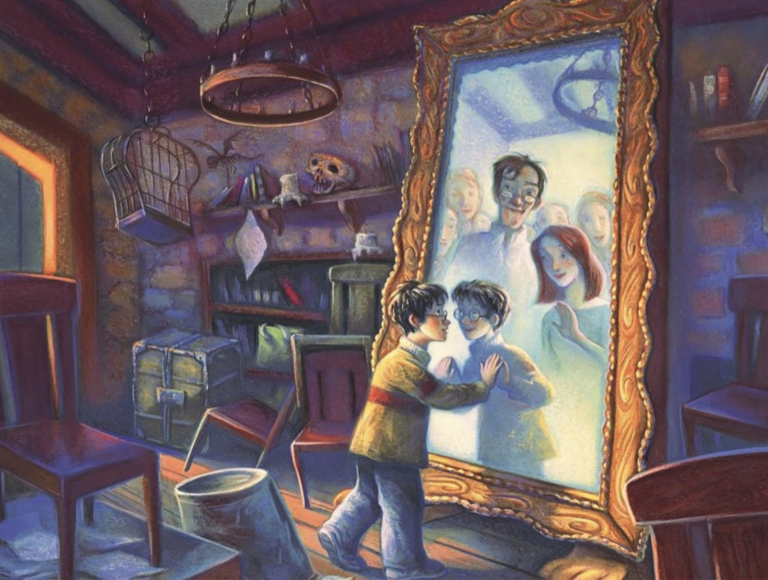
In Harry Potter, Harry grows close to his deceased parents at Hogwarts. He learns so much about who they were and how much they loved him from the staff at Hogwarts and all their contributions to their school.
In the movie, Poppy learns that her mother went to Abbey Mount at the very end of the film when she discovers a picture of her on the lacrosse team. Why not let her know from the beginning that her mom went there? What if we are shown that Poppy’s father has tried to help her grieve, but she’s not accepting. Now, left without a choice, he sends her away to boarding school hoping that it could help her connect with her mother. This would allow her to learn about her mother’s time there so that she can feel closer to her and thus address her grief.
The Bully (video game) Route
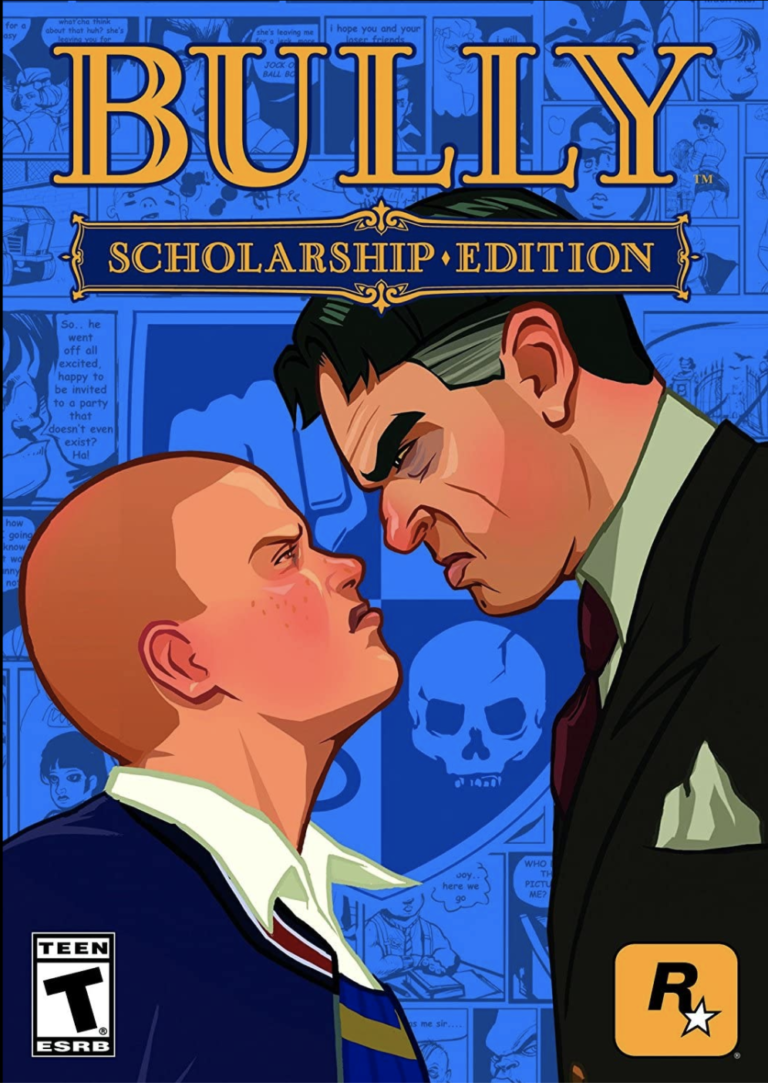
How about taking things in the direction of the video game Bully. Jimmy Hopkins is a troublemaker who gets dropped off at boarding school by his neglectful mother and her new husband just before their honeymoon. Although everyone expects Jimmy to keep himself in check, Jimmy spends his time at Bullworth Academy earning the respect of all the cliques. He becomes their leader, bringing peace to the school. What he learns is that despite the apathy of the adults around him and the social hierarchies of his school, he can still have self-efficacy, agency and control. We root for him because every adult in his life is unlikable. The same could be done with Poppy. Make her dad a neglectful asshole and don’t end the movie with Poppy becoming better behaved, but using her ability to lead to change the social systems of her school–for children like her.
Final Note for Storytellers
Tropes can be useful. They can be helpful to create a foundation for a character, relationship or conflict. However, in order to fully bring a story to life, we must dig deeper. Dig into your character’s personalities, desires and fears. Dig deep to discover the themes of your story.
Wild Child is an example of a movie that relies on tropes and stereotypes to tell a story, but forgets its themes and character motivations. Teen comedies or rom-coms don’t have to be devoid of the fun tropes we love, but they also don’t have to be so shallow in their storytelling.
Have you seen Wild Child (2008)? What did you think of it? What do you think teen rom-com movies do so well, and what do you think they could approve upon? Share your thoughts in the comments below.

Hi! Shantal here. I’m a writer and a storyteller. I created Shantal Writes to share my experiences with writing fiction. I also provide new writers with tips, tools, and writing advice. I hope you find something helpful while you’re here!
More On Shantal Writes

